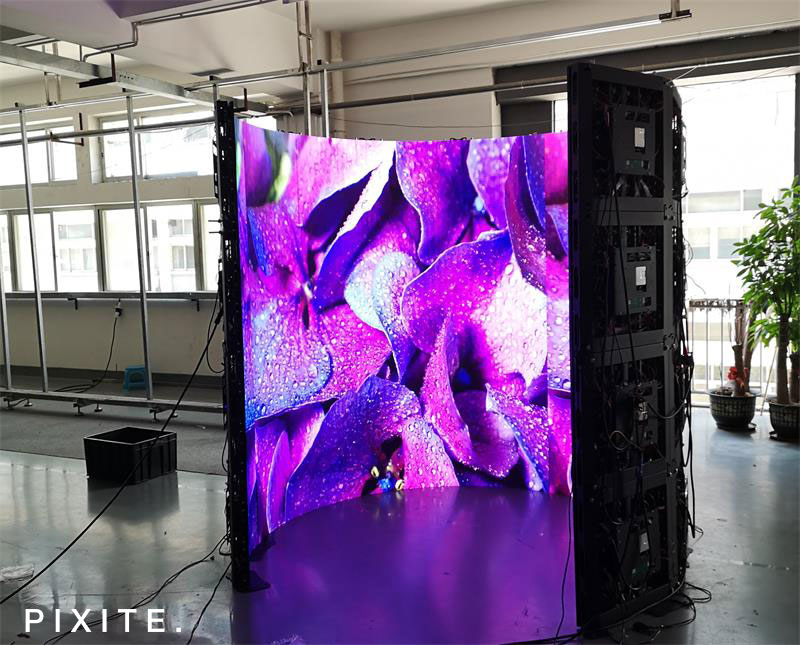LED video walls and screens are fast replacing traditional static screens in many sectors, including advertising, entertainment and sports venues, transports hubs, hospitality venues, educational institutions, and healthcare facilities. This is not surprising when you consider all of the advantages, including flexibility, increased visibility, and durability.
However, with so many different options available it’s important to consider your choice of screen carefully. Here are some key questions to ask before making your purchase.
Where will the screen be located?
The location of the screen will be key to many of the more detailed information you need to think about. For example, it will affect the size, pixel pitch, and brightness required. Will the screen be located outdoors or indoors? What type of weather conditions will it be likely to be in, such as extreme heat or cold, high winds, salty coastal air, or city pollution?
Answer this question first, and then start drilling down into the technical details.
What is the purpose of the display?
Obviously, the purpose of any digital screen is to display content to viewers. However, it’s useful to get more specifics because this will play an important role in the type of screen you need.
For example, if the main purpose of the screen will be to display information, such as timetables and notifications in a transport hub, then you will need a clear display capable of displaying crisp text that is easy to read even at a small size.
If you want a video wall to serve mainly as a decorative backdrop to an event or exhibition and display mainly larger abstract images, then a lower resolution screen may be sufficient. However, if the screen will display adverts, premium image quality might be a priority to convey a sense of value and professionalism about the product or service.
What will be the viewing distance of the screen?
It’s crucial that you know what the typical viewing distance for the screen will be. Large outdoor screens may be viewed from around 20 metres, while smaller indoor screens may be viewed from less than one metre.
If you intend your screen to display detailed images or text, consider a higher resolution screen with a low pixel pitch (the distance between each pixel on the screen). Larger screens, typically outdoor installations, may not require a low pixel pitch or high resolution, because much of the finer detail will be lost when the images are viewed from a distance.
What are the lighting conditions?
The typical light conditions of your site will influence the brightness level you need for the screen. For example, brightly lit indoor places such as shopping centres will not need such a bright screen, whereas outdoor screens need to be brighter so they can be seen in direct sunlight or overcast conditions.
Many LED screens now have the technology to adapt their brightness level automatically to the environmental conditions, which might be a consideration if you want an outdoor advertising screen or an installation for a concert or sporting event.
What type of content will the screen display?
You’ve probably already addressed this topic in a general sense by answering the previous questions, but it’s good to be as detailed as possible and cover all of the bases. For example, do you want a video wall that will display continuous or looped video feed? An information board with a ticker tape for updates and notifications?
If you will be displaying cutting edge advertising content, you may want to investigate screens with advanced features such as augmented reality or 3D technology.
How will the screen be installed?
Consider the mounting options for the screen: will it be installed on the side of a building? If so you may want a transparent and flexible screen that will fit over the facade without interfering with light levels or the character of the building. Check local planning permission laws before installing freestanding outdoor screens.
Is there a warranty and service and maintenance plan?
You want to be confident that your screen will be reliable and durable. Discuss your requirements with the supplier, who will be able to explain features such as ResinProtect, which helps to improve the longevity and performance of the screen.
Make sure you find out in advance the terms of the warranty, and if the supplier also offers a service and maintenance plan to keep your screen performing at its best.

